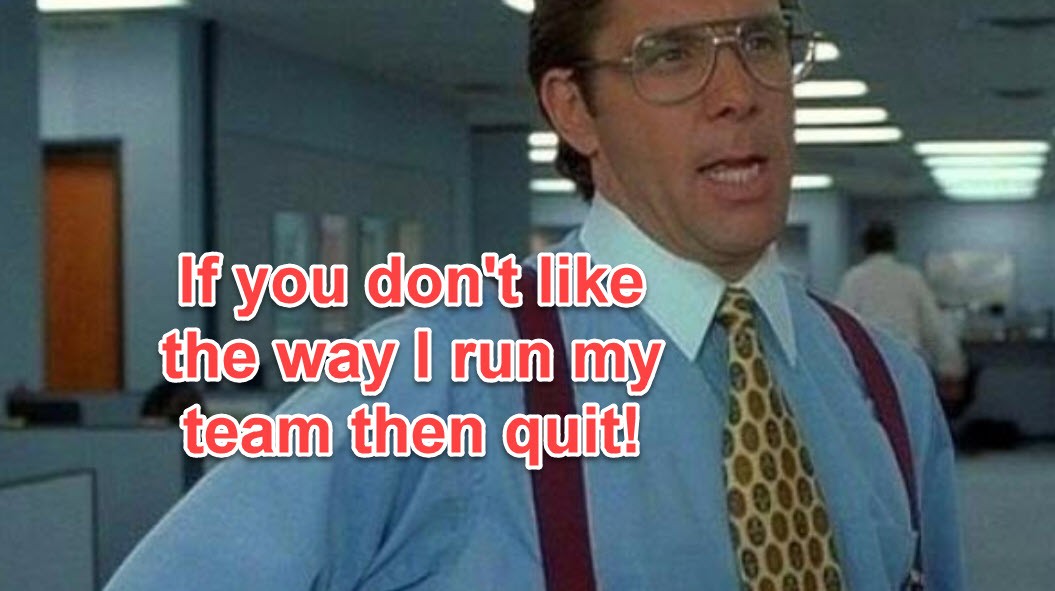In the last four years, the offsite and modular construction industry in the United States has witnessed a remarkable surge in growth. With the advent of new panelized wall and truss plants, tiny houses, ADU (Accessory Dwelling Unit), containers, modular, concrete housing factories, and numerous building material factories, the numbers are nothing short of astounding.

However, a closer look reveals a surprising truth – over 50% of the startups that emerged in this industry four years ago have already disappeared into oblivion. What went wrong in an industry that seemed to be thriving on all fronts?
Here are my thoughts on the reasons behind this phenomenon.
Not Knowing the Market:
One of the most common pitfalls for new businesses is not fully understanding their target market. Successful ventures identify an unmet need within the market and offer a solution. Attempting to push a product or service without a genuine demand is a recipe for failure. It’s essential to satisfy existing needs rather than trying to create them.

No Business Plan:
A solid business plan is the foundation of any successful enterprise. It outlines achievable goals, strategies to reach those goals, and contingency plans for potential challenges. Skipping this crucial step leaves your business directionless and vulnerable to failure from the outset.
Not Enough Financing:
Insufficient capital can quickly sink a business. When a startup faces financial struggles and seeks additional funding or investment, it’s often too late. Stretching your finances too thin at the beginning can prevent your business from gaining traction and leave you with mounting debts.

The Three “Bads” of Startups:
Bad Location: A poor choice of location that is far from your customer base can hinder your business’s growth prospects.
Bad Website: A subpar website created on free platforms can deter potential customers and undermine your online presence.
Bad Marketing: Inadequate marketing efforts can lead to a lack of brand visibility and customer engagement, effectively
stifling your business’s potential.
Resistance to Change:
The housing market is ever-evolving, and successful businesses must adapt accordingly. Ignoring customer feedback and market trends can be detrimental. To stay ahead, monitor market shifts, be open to change, and adjust your products or services to meet your customers’ evolving needs.
Expansion for Expansion’s Sake:
Expanding your business is a natural step after establishing success. However, it’s crucial to approach expansion as if you’re starting anew. Blindly scaling without understanding regional differences or market demand can lead to financial strain and ultimate failure, as seen with some industry giants.

Poor Management, Consultants, and Leadership:
Effective management, leadership, and external consulting play a pivotal role in a company’s success. Incompetent leadership can negatively impact employees and overall business operations, potentially leading to failure.
While the offsite and modular construction industry in the United States is indeed thriving, it’s not immune to the pitfalls that challenge startups across all sectors. Understanding the market, crafting a solid business plan, securing adequate financing, avoiding the “bads” of startups, embracing change, cautious expansion, and effective leadership are critical factors that can determine the success or failure of these ventures. By learning from the missteps of those who have gone before, future entrepreneurs in this industry can build a solid foundation for lasting success.
.



